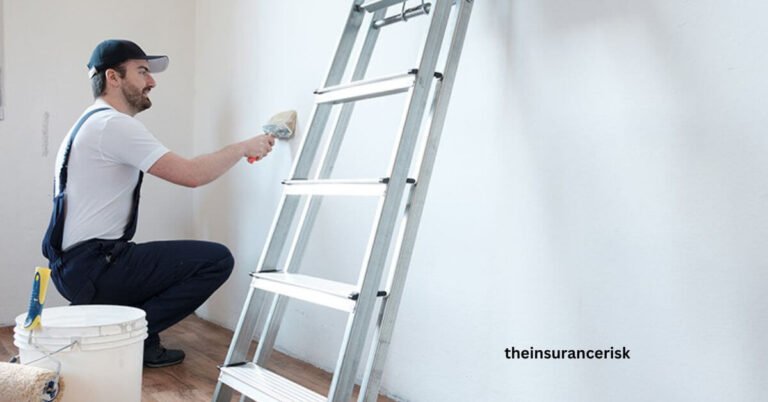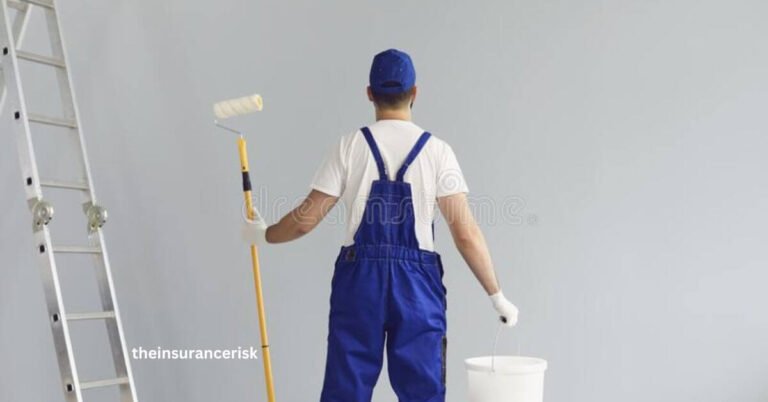Media Liability Insurance Coverage: Safeguard Your Business and Creativity
Media liability insurance coverage is like a shield for folks in the media business, such as publishers, bloggers, authors, and movie producers. It lets you run your show without constantly worrying about facing liability claims. It’s your safety net in the media world.
Media Liability Insurance Coverage
Media liability insurance coverage is a specialized kind of professional liability insurance, sometimes called errors and omissions insurance (E&O insurance) or media perils coverage. This insurance is crucial for individuals and businesses in the media industry, like publishers and bloggers, protecting if they face accusations of:
- Defamation (libel or slander)
- Data breaches
- Breach of nondisclosure
- Invasion of privacy
- Copyright/trademark infringement
- Missed deadlines
- Plagiarism
Simply put, it’s your safety net if someone claims you messed up while creating or sharing media content. Most of these policies operate on a claims-made basis, ensuring you are covered when needed. It’s peace of mind for your media endeavors!
What Media Professionals Need this Coverage?
Media liability insurance coverage, also known as a professional liability policy, is like a safety net for a bunch of industries. If you are in broadcasting, marketing, media, advertising, or anything related to communication, music, newspapers, public speaking, or brand management, this coverage has your back.
Here’s the deal: if your business involves creating content, and there’s a chance of getting sued, media liability insurance is your go-to shield. It’s essential to offer broad protection for various ventures like photography, video/film, and TV.
Points to Remember:
- Broad Protection: This coverage spans across a variety of industries, ensuring comprehensive protection.
- Content Creation Risk: Ideal for businesses involved in creating content that might expose them to legal risks.
- Versatile Industries: From broadcasters to photographers, anyone in content-related fields benefits from media liability insurance.
- Essential Safeguard: Consider it your must-have safety net in the content creation game.
Doesn’t General Liability cover Advertising Injury?
General liability insurance covers injuries and property damage caused by you to others and even advertising injuries, but there’s a catch. Most general liability policies skip advertising injury coverage if you are in a high-risk industry like publishing, advertising, or broadcasting. That’s where media liability insurance coverage comes in. It’s the extra protection you need to safeguard your business in these riskier fields. So, if you are in the business of creating content, it’s a wise move to get that extra layer of coverage with media liability insurance.
How Does a Media Liability Policy Work?
If someone hits you or your business with a media liability claim, your media liability insurance coverage kicks in for things like libel, data breaches, and more.
Covered Perils Include:
- Label
- Slander
- Data breaches
- Negligence, mistakes, or errors
- Breach of nondisclosure/confidentiality
- Invasion of privacy
- Plagiarism
- Malicious prosecution
- Copyright infringement
- Patent infringement
- Intellectual property infringement
- Intentional infliction of emotional harm
Here’s the key: when picking your insurance policy, make sure it covers the risks you are most exposed to. If not, see if you can add them with an endorsement. If that’s a no-go, it might be time to explore other options.
Policy Limits:
Your insurance company covers these claims up to the limits of your plan. There’s usually a “per claim” or “occurrence” limit and an overall “aggregate” limit on the total they will pay during the policy period.
Points to Remember:
- Cover What You Need: Choose a policy that covers the specific risks you face.
- Check for Exclusions: Ensure intentional torts are covered, or see if you can add them.
- Know Your Limits: Understand the maximum amount your insurance will pay for a claim and the total for the policy period.
What Does Media Liability Insurance Cover?
Here are real-life situations where media liability insurance coverage comes in handy:
Example #1: Newspaper Publisher
Imagine you run a newspaper, and one of your writers accidentally spills the beans on a secret source, leading to a lawsuit for breach of confidentiality and emotional distress. Media liability insurance steps in, covering legal defense and settlements if needed.
Example #2: Film Production
You are in the film business, and a composer claims you used their music without permission in your latest movie. If they sue you for copyright infringement and demand payment, your media liability insurance has your back, covering the claim.
Example #3: Blogger with a Big Following
As a popular blogger, you expose health violations at a local restaurant. They hit back with a defamation lawsuit, saying your info was baseless and cost them customers. Media liability insurance steps up, helping with legal costs and settlements.
Key Takeaways:
- Accidental Slip-Ups: Even with the best intentions, accidents happen. Media liability insurance covers you when things go wrong.
- Legal Defense: It’s not just about settlements. The insurance helps with legal defense, ensuring you are covered in court.
- Various Industries: Whether you are in publishing, film, or blogging, media liability insurance is your safety net against unexpected claims.
Exclusions of Media Liability Policies
Media liability insurance coverage only covers some things. Here’s what it usually excludes:
1. Bodily injury or property damage:
These are dealt with in a general liability insurance policy.
2. Criminal acts:
The insurance company helps with legal defense and court costs unless you are proven guilty or admitted to the crime.
3. Contract/Patent infringements:
If you are messing with someone else’s intellectual property, media liability can’t step in.
4. Breach of contract:
If you break a confidentiality contract, the insurance company defends you, but settlements may not be covered.
5. Employment practices:
Accused of discriminatory practices. You will require EPLI (Employment Practices Liability Insurance).
6. Securities fraud:
If you are guilty of securities fraud, media liability insurance won’t have your back.
So, while media liability insurance is a superhero for many things, it’s not the cure-all. Some situations require different types of coverage. It’s like having different tools for different jobs.
Insurance Clauses to Be Mindful Of
When it comes to your media liability insurance coverage, pay attention to the details in your errors and omissions insurance policy:
1. International Coverage:
Check if your policy protects you if your work involves international topics that might lead to lawsuits outside the US. Not all policies include this.
2. Punitive Damages:
Most policies cover punitive damages, but some don’t. These damages are rare but pricey, so it’s crucial to confirm.
3. Consent-to-Settle Clause:
Some policies let you, the policyholder, have the final say on a settlement. Make sure to see if this clause is in your policy.
4. The “Hammer” Clause:
This common clause allows the insurance company to hit you with a penalty if you can’t agree on a settlement. It often means they cover less of the settlement.
5. Retraction Clause:
Ensure your policy gives you, as the content publisher, the right to correct or retract content as needed.
6. Compliance with an Injunction:
Check if your policy covers the cost of complying with an injunction. Retracting published materials can be pricey, and you want to make sure you are covered.
So, as you dive into your media liability insurance coverage, keep an eye on these details in your policy to make sure you are fully protected.
Cost Of Media Liability Insurance
When it comes to media liability insurance coverage for small businesses, here’s the scoop:
Coverage Limits: Small businesses usually get around $500,000 per claim or $1 million in total coverage. For big publishers, it can go into the hundreds of millions.
Premiums: The cost, or premiums, varies. It could be as low as $500 or average around $2,500.
Consider Talking to an Expert: To figure out the exact cost for your business based on your unique needs, it’s a good idea to chat with an insurance agent. They can break down the numbers and make sure you are getting the coverage that fits just right.









